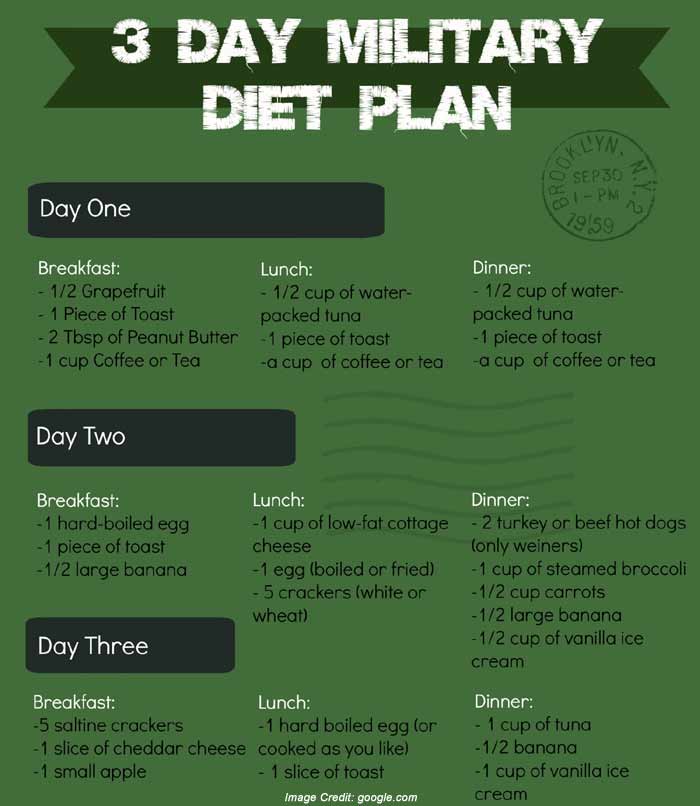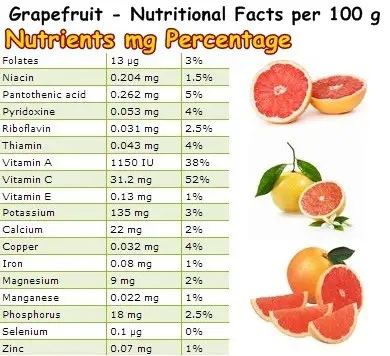
Use grapefruit to add brightness to salads and smoothie bowls, or serve it alongside chicken or shrimp for a hit of zest.

Grapefruits are packed with water (and are also a good source of fiber) to keep your GI tract moving along, says Moore. No matter the bloating culprit, the good news is that you can get back on track fast by loading up on these 25 foods that reduce bloating, according to nutritionists. "When you eat fiber, you need to drink enough water to digest it and move efficiently through your GI tract." Armul says, adding that you may want to steer clear of fizzy water or seltzer, though, which can add extra gas to your digestive tract. “If you eat a lot of packaged foods, takeout meals, fast food, or restaurant meals, there’s a good chance you’re consuming too much sodium, so you may be retaining extra fluid and feel bloated.”īut beyond being conscious of how your eating habits affect your bloating, water is crucial for de-bloating, says dietitian Torey Armul, RD-especially when you're eating high-fiber foods. “Most Americans over-consume salt but under-consume potassium, which is a mineral found in fruits and veggies that helps counterbalance sodium,” explains Samantha Cassetty, RD and Performance Kitchen advisor. It's triggered by hormonal changes during your menstrual cycle, dehydration, or eating lots of salty foods and not enough potassium and water. Water-retaining bloat makes you feel like the Michelin Man-puffy all over. “But we’re all very different, and some foods that might trigger gas for one person don’t for another,” says dietitian Jessica Cording, RD. The gassy kind of bloat makes you unbutton your jeans after eating certain foods-often beans, dairy, cruciferous veggies like broccoli or cauliflower, or greasy foods. In fact, there are actually two different kinds: gas bloat and water bloat. *raises hand* And while all types of bloat feel awful, not all bloat is created equally.


Feeling bloated? It happens to the best of us.


 0 kommentar(er)
0 kommentar(er)
